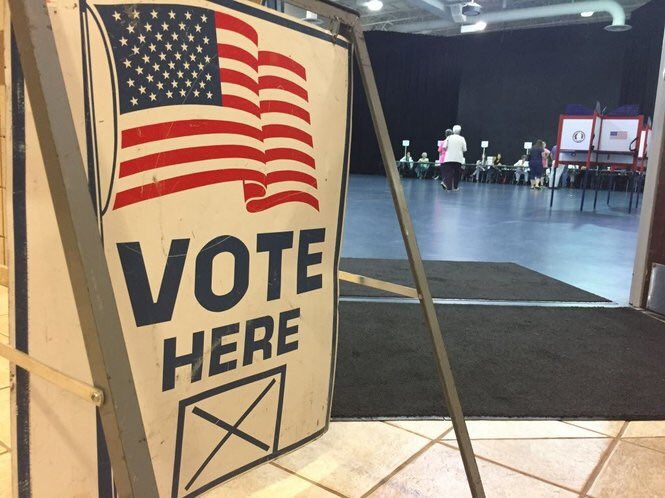- 14 3402-5578
- Rua Hygino Muzy Filho, 737, MARÍLIA - SP
- contato@latinoobservatory.org
 Imagem de krakenimages.com no Freepik
Imagem de krakenimages.com no Freepik
A recent national poll conducted by UnidosUS and Mi Familia Vota revealed that while immigration and border security are considered pressing national issues ahead of the 2024 elections, registered and eligible Latino voters prioritize economic issues such as the cost of living, the economy, jobs, health care, crime, and housing affordability. This poll, which involved 3,037 Latinos, is the largest poll of this election cycle and highlights the importance of financial concerns to the Latino community.
The results indicated that inflation and rising cost of living were the top concerns for 54% of respondents, followed by employment and the economy (44%) and healthcare (33%). Issues such as immigration and border security ranked sixth when Latinos were asked to list the top three issues elected officials should address.
The poll also addressed President Joe Biden’s assessment, with 47% of respondents approving of his performance and 44% disapproving. On the economic front, 39 percent of Latinos believe Democrats would better address inflation and the rising cost of living, while 21 percent chose Republicans.
According to a publication by NBC News, according to the UnidosUS/Mi Familia Vota report, “51% said they would vote or lean toward voting for Biden if he were in a head-to-head race with Trump in the 2024 presidential election, compared to 33% for Trump. In Florida, Trump got a larger share of Latino voters, 45%, to Biden’s 39%, while Biden did best in Pennsylvania, 58% to 26%, the poll found”.
The poll highlighted the complexity of Latinos’ views on immigration, indicating that about half support a path to citizenship for immigrants who arrived in the U.S. as children and for longtime undocumented immigrants. In addition, the poll revealed that restricting abortion is unlikely to help the Republican Party win over a larger share of the Latino electorate, as a majority of respondents showed opposition to making abortion illegal.
In preparation for the 2024 election, the poll highlights the opportunity for Democrats to improve their connections with Latinos on economic issues, while also acknowledging the diversity of opinions within the community.
UnidosUS also announced it is launching its Hispanic Electorate Data Hub to help provide years of information about Latino voters and dispel inaccurate portrayals of the electorate.
The poll of 3,037 Latinos included 2,707
registered voters and 330 eligible voters. It was conducted Nov. 2-13 in
English and in Spanish. It reported a margin of sampling error of somewhat 1.8
percentage points.











